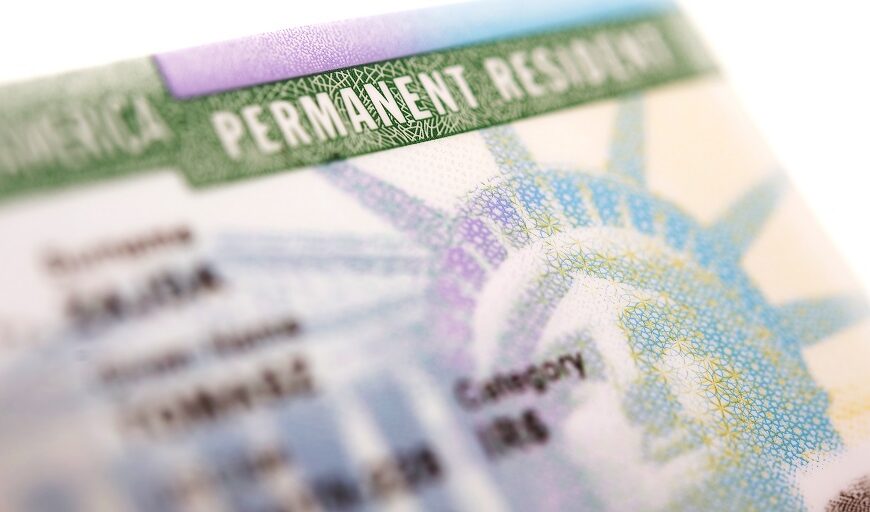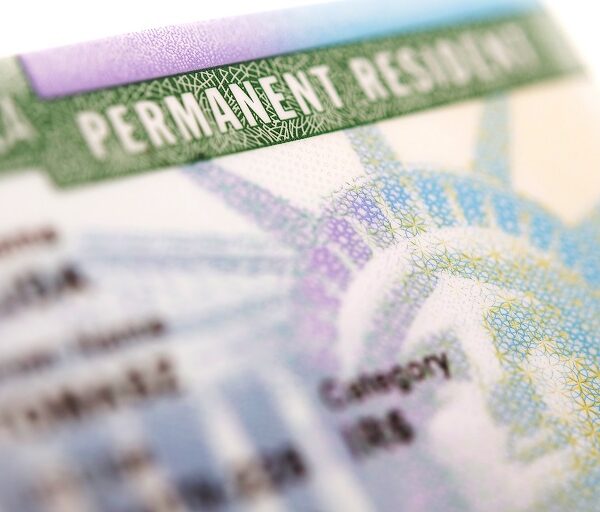Introduction
In recent developments, the United Kingdom and France have initiated preliminary discussions regarding a potential migrant exchange program aimed at managing the ongoing challenges associated with migration across the English Channel. This collaboration is seen as a proactive measure to enhance border security while ensuring that humanitarian needs are also met. The proposed program seeks to establish a framework for mutual cooperation that could significantly impact both nations’ approaches to immigration and asylum seekers.
Understanding the Context
The English Channel has become a focal point for migration, with many individuals attempting perilous crossings in search of better opportunities and safety. This situation not only poses risks to the migrants but also creates political tensions between France and the UK. The rising number of small boat crossings has prompted both governments to seek solutions that balance **security concerns** with **humanitarian obligations**.
Key reasons for the discussions include:
Potential Framework of the Exchange Program
While the details of the migrant exchange program are still being formulated, it is essential to understand the possible components that could be included. The program aims to create an environment where both countries can share responsibilities and resources when it comes to managing migration.
1. Shared Responsibility
One of the fundamental principles of the proposed program is the idea of shared responsibility. Both countries acknowledge that migration is a complex issue that requires a joint effort. By collaborating, they can distribute the burden of processing asylum claims more evenly, ensuring that neither nation is overwhelmed by the influx of migrants.
2. Safe Passage Initiatives
Another critical aspect of the discussions revolves around establishing safe passage initiatives. These initiatives would focus on creating legal and safe routes for migrants, reducing the need for dangerous crossings. By facilitating legitimate pathways, both countries can enhance the safety of those seeking asylum.
3. Enhanced Border Security
Border security remains a top priority for both the UK and France. The exchange program discussions may involve improvements in border surveillance and enforcement. This could include increased funding for technology and personnel to monitor border activities more effectively, ensuring that those who attempt to cross illegally are addressed promptly.
Humanitarian Considerations
While the focus on security is paramount, it is equally important to address the humanitarian aspects of migration. The discussions between Britain and France underscore the need for a balanced approach that respects the rights and dignity of migrants.
Humanitarian considerations might involve:
Political Repercussions and Public Sentiment
The discussions surrounding the migrant exchange program are not without controversy. Both nations face significant public scrutiny regarding their immigration policies. Political leaders must navigate a landscape where public sentiment can greatly influence policy decisions.
1. Domestic Political Pressure
In both the UK and France, political parties are grappling with rising anti-immigration sentiments. The leaders involved in these discussions must balance the need for cooperation with the demands of their constituents. Failure to address public concerns could lead to political fallout and challenges in implementing any agreed-upon measures.
2. International Relations
The collaboration between Britain and France on this issue also has implications for their international relations. As they move forward with discussions, it is crucial to maintain strong ties with the European Union and other nations that are also facing migration challenges. A cooperative approach could serve as a model for other countries grappling with similar issues.
Future Prospects
As the dialogue between Britain and France continues, the potential for a migrant exchange program remains a topic of significant interest. The political landscape surrounding immigration is fluid, and any agreements reached will likely evolve over time.
In summary, the future prospects of the migrant exchange program may include:
Conclusion
The early discussions between Britain and France regarding a potential migrant exchange program highlight the urgent need for collaborative solutions to the complex issue of migration. By focusing on shared responsibility, enhanced security, and humanitarian considerations, both nations can work towards a more effective and compassionate approach to managing migration. As these talks progress, the outcome will not only impact the respective countries involved but could also set a precedent for international cooperation in addressing migration challenges globally.







